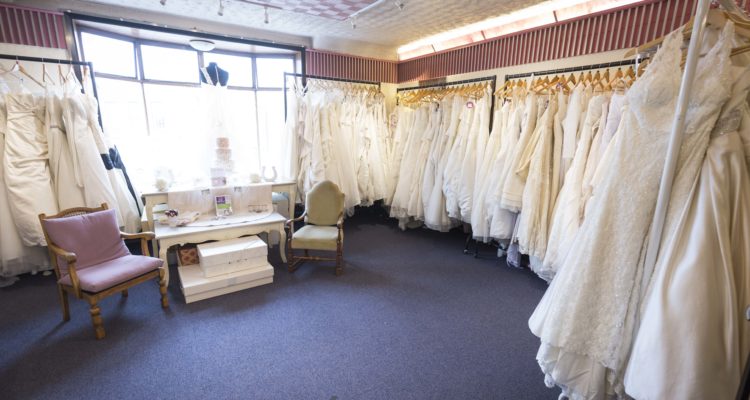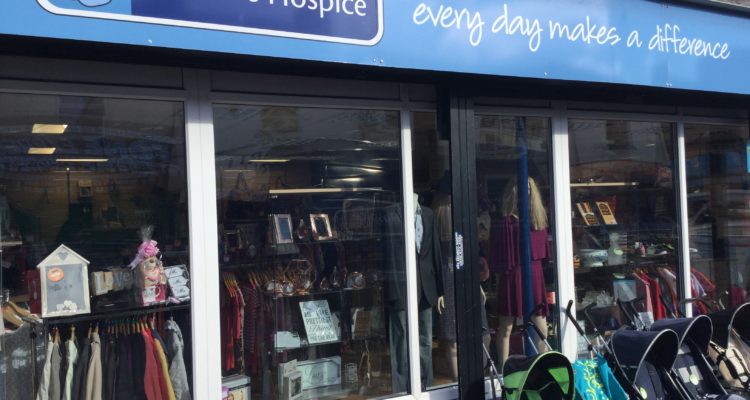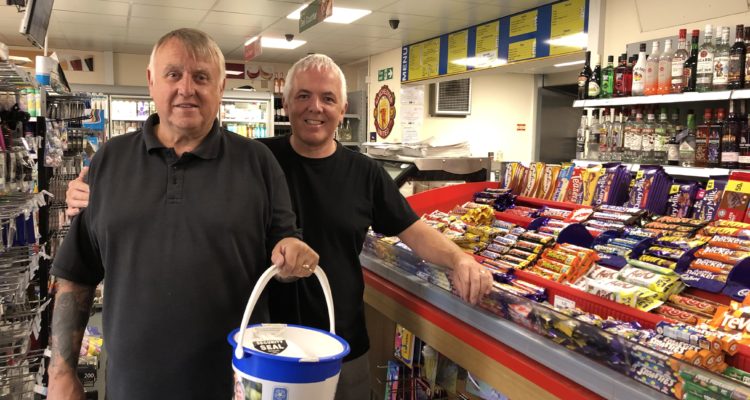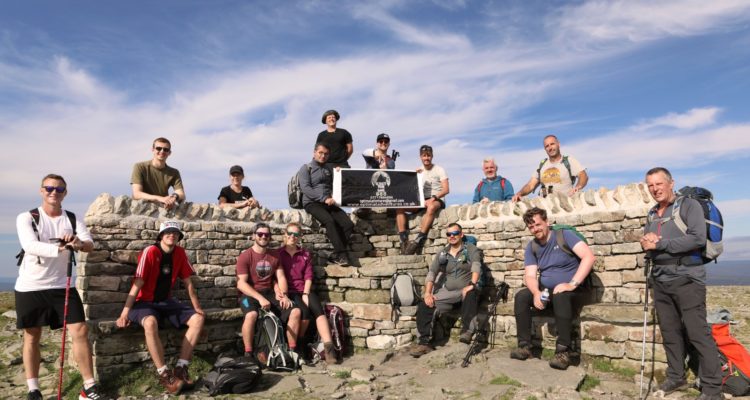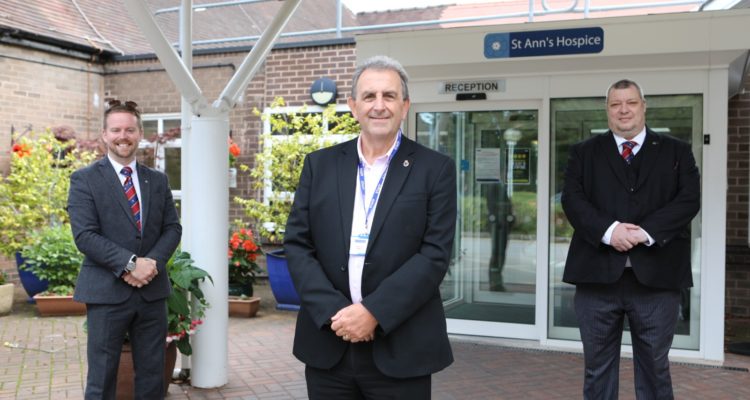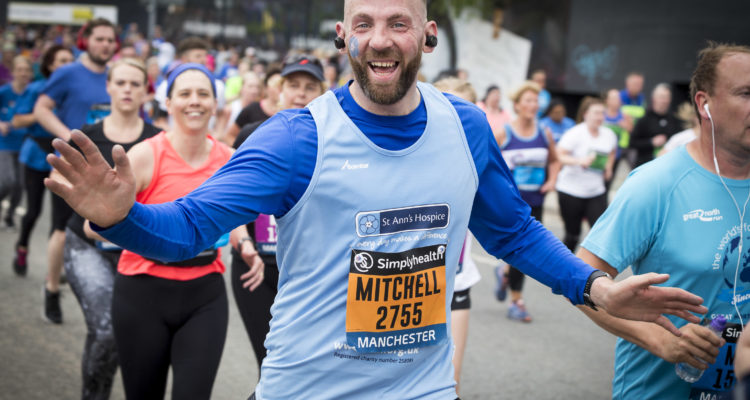“Collaboration is more difficult when hours are so varied. One piece of work in particular relied on feedback from three people, it took a week to gather thoughts, redraft and gather thoughts again.
“Spontaneous conversations were no longer a possibility – gone were the days of walking into the office and in five minutes getting a team opinion on something. Incidental corridor conversations a thing of the past. Our daily huddles seemed to become a roll call of who was on toil for working tonight, last night, the weekend or currently redeployed. Sometimes I wondered how we achieved anything!
“And of course, we missed the social side of work, the office banter, the walks at lunchtime, the instantaneous cheers when something goes well (it’s not quite the same when you wait for tomorrow’s huddle) and a colleague’s ear to bend when things are not going quite so well. Non-verbal cues which we pick up in a shared office, that we don’t see when we’re working from home. Although used to the team working out of hours, as a leader knowing my team are at work, in unusual circumstances, weighed on my mind on days I was not working. I felt on call and responsible for them. When your team member is having a very bad day, workwise or personally, supporting them through the screen is the only option you have.
“It is widely reported that some people would be happy never to return to the office, that they are more productive, less stressed at home, that they do not miss the commute. On the contrary, my staff are asking to come back – they value their colleagues, they miss their colleagues.
“However, we got there. One by one, we progressed through the cycle of change and accepted what became ‘The New Normal’. The energy and adrenaline needed to change our way of working to get through ‘the next 12 weeks’ was instrumental in our success, not only in adapting existing and creating new fundraising activity to generate much-needed funds for the hospice but helping our clinical colleagues and remaining a strong team. When the world turns on its head and the normal way is no longer a possibility, you instinctively become problem solvers. In our case, we could not fail. The patients needed us.
“Amongst the tragedy and disruption, 2020 has also given us good things. Our pets became members of the team, joining our morning huddles, and our team grew as more pets were adopted – a benefit of not being in the office every day. It wasn’t just the pets we got to know, one team member’s partner walked through the room every morning on the huddle at which point we would break off to all shout ‘hi’; and the real highlight when Batman joined us too some days.
“As the weeks and months passed, we found a new way that worked. A monthly survey of the team to discover what is working and what isn’t helped to tease out the real benefits and address the struggles of the new world. It gave those less vocal a chance to share their views honestly. I could not be prouder of my team for their determination to succeed, their willingness to adapt and their compassion in looking out for their colleagues throughout this time.
“A sociable bunch we kept up team spirit with prosecco Fridays (no it is not drinking at home alone if your teammates are all on the screen with you!) with daft games to keep us entertained, we shared our recommendations on books, films, and recipes.
“There is nothing certain about the future at the moment; except for the fact that flexibility and responding to change will stay an important tool of our management toolkits. As time passes, we will be in the more luxurious position of choosing the best parts of what we have learned this year and integrating these more permanently into our working lives.”






